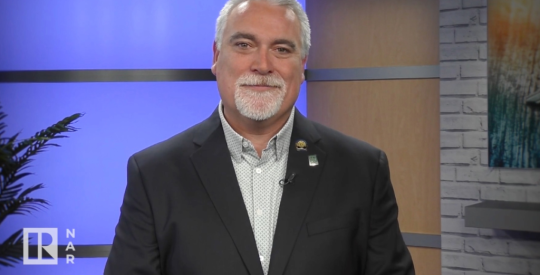The Dodd-Frank financial reform act signed by President Barack Obama last week requires the administration to propose a method of reforming the housing market and specifically the government-sponsored enterprises (GSEs) Fannie Mae and Freddie Mac by the first part of next year, as HousingWire reported. GSE reform could still be a long way off and is unlikely to pose risk to GSE bondholders and senior debt ratings, according to Brian Harris, a senior vice president at Moody’s Investors Service. And Harris may not be far from the truth in his assertions. HousingWire sources inside the Congressional Republican delegation said during the process of debating the financial reform bill, leading Democrats in both houses of Congress “promised up and down the aisle,” that Congress will not address the GSEs until the beginning of 2011. Republicans tell HousingWire they will push for the debate to begin earlier. Government support will remain necessary in the near-term as GSE reform “may take a considerable amount of time,” Harris said. Since there is likely to be a lack of consensus in reforming the GSEs, the process will be drawn out. Progress in GSE reform could be limited before the November mid-term elections, and drafted legislation could still be several years away. Harris noted “a real possibility” that Congress could wait to take up GSE reform until after the next presidential election. By 2013, GSE financial performance will likely have improved, making for stronger housing market conditions and only modest changes needed in reform, Harris said. At that time, GSE reform could involve modest changes in ownership structure, from the current public shareholder ownership to a cooperative ownership or utility model, Harris wrote. Certain business activities at the GSEs could be limited to narrow the risk profile. In this case, he added, the GSEs would continue to aggregate mortgage credit exposure. If legislation ultimately pursues extreme reform, Harris noted the government could go so far as to provide an outright guarantee of debt issued by any financial institution qualified as a GSE. Depletion of capital would trigger the government guarantee. And if many companies become GSEs, Harris wrote, mortgage credit exposure would potentially be spread out, reducing systemic risks inherent in the current structure. GSE reform does not pose risk to bondholders or triple-A senior debt and double-A 2 subordinated debt ratings. “Even after reform, GSE bondholders will benefit from the government’s desire to maintain funding for the 30-year fixed rate mortgage,” Harris said. In the interim until reform, the government is likely to maintain its support of the housing market and specifically the availability of the 30-year FRM. Write to Diana Golobay.
GSE Reform May be Held Until After November Elections
Most Popular Articles
Latest Articles
Kevin Sears pulls back the curtain on NAR’s commission lawsuit settlement
NAR’s president took to the stage at The Gathering just hours after the court granted preliminary approval of the commission lawsuit settlement agreement



